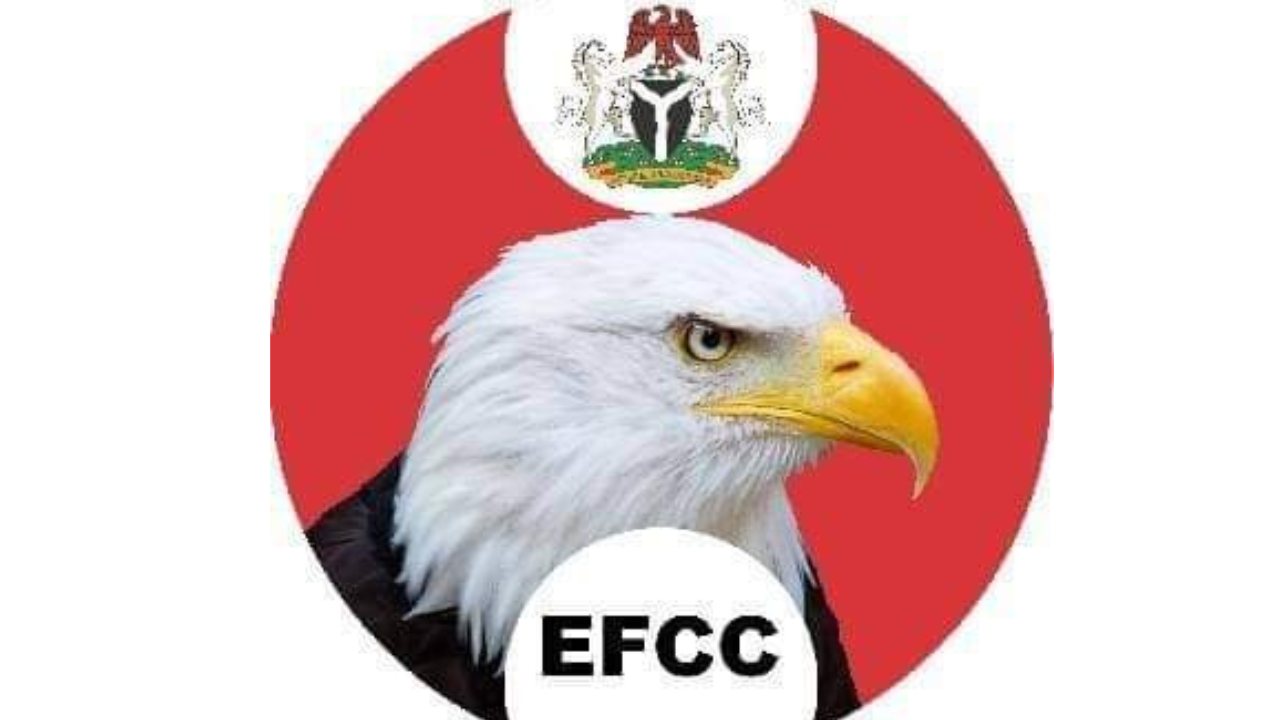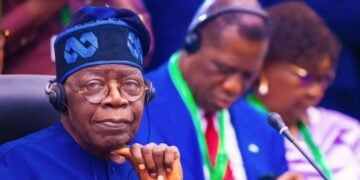Civil society organizations have engaged the Nigeria Police Force, the Economic and Financial Crimes Commission (EFCC) and other relevant government agencies in the fight against corruption in the public sector.
This is in line with the event theme: “CSOs Strategic Alliance and Think-tank Against Procurement Corruption,” which was organized by four leading anti-corruption NGOs and hosted by Procurement Observation and Advocacy Initiative (PRADIN). Others are Africa Network for Environment and Economic Justice (ANEET), Civil Society Legislative Advocacy Centre (CISLAC) and Human and Environmental Development Agenda (HEDA).
National coordinator of PRADIN Mohammed Bougei Attah, said there is an increasing spate of high-profile corruption cases despite huge investments in both human and material resources, making it necessary and urgent to address the issue.
Attah said it was no longer in doubt that procurement corruption alone accounts for over 70 per cent of total corruption in the public sector, and we must not lose our hands to watch allowed corruption in Nigeria, we must win the fight against corruption in the public sector.
Despite the absence of BPP, a regulatory agency “It is clear evidence that the Agency is not ready to fight corruption by professionalising the system. I must commend other anti-corruption agencies the Bureau of Public,” he stated.
On his part, the director general of the Bureau of Public Service Reforms Mr Dasuki Arabi, said part of the federal government’s effort to close the leakages and anomalies in the procurement process before what subsisted before the year 2000, was the review of the procurement Act, through the support of the World Bank to ensure the enthronement of efficiency, accountability, integrity and transparency in government procurement and financial management systems.
Arabi said “It is pertinent to state that the Procurement Act was greatly inspired by the country’s Procurement Assessment Report(CPAR), conducted by both international and national consultants, where major recommendations that highlighted the weaknesses of the then-existing procurement system identified amongst others.”
According to him, lack of modern legislation to provide oversight on the guidance and monitoring of purchasing entities, inadequacies in the 1958 Finance (Control and Management Act), the need to revise the financial regulation, streamline Tender Boards and functional authority to award contracts, need to rebuild the procurement and financial capacity in the public sector.
He said governments over the years have not rested on their oars to ensure transparency and openness in the public financial system by evolving amendments in the procurement Act and introducing other policies to tighten the financial system against undue leakages and corrupt practices.
Mindful of the report of infractions within the procurement processes, the government adopted the Freedom of Information Act 2011, which provides citizens the right to interrogate public spending. Similarly, the objects of the open government partnership which Nigeria ratified in 2017 seek to support the ideals of accountability, transparency and openness towards good governance.
The audit system was also strengthened to ensure returns of audit reports to the public accounts committee of the National Assembly on the status of MDA’s public finances, The introduction of the Finance Act 2020 was directed to stiffen measures toward ensuring compliance to financial management of public expenditure.
Suffice it to say, the anti-craft agencies have been on top of their task of uncovering illicit acts that undermine the procurement procedures across public Institutions.
We’ve got the edge. Get real-time reports, breaking scoops, and exclusive angles delivered straight to your phone. Don’t settle for stale news. Join LEADERSHIP NEWS on WhatsApp for 24/7 updates →
Join Our WhatsApp Channel










